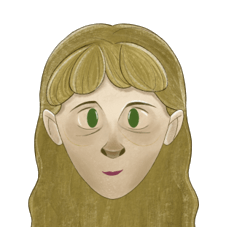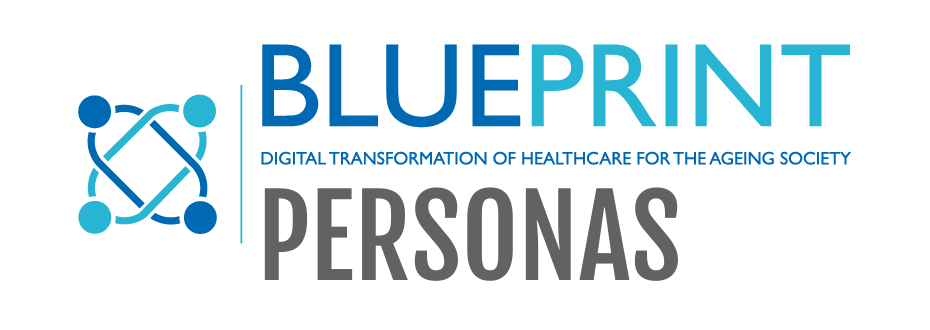Tatiana

Name
Tatiana
Age
41
Country
Italy
Area
urban
Life course
working age adult
Need
Chronic conditions and / or social needs
Connectivity
smart phone
Tatiana is 41 years old woman. She has migrated in Italy from Moldova in 2011 and now she lives in a rented apartment in a suburb area in Rome with her Moldovan husband and three sons (the oldest daughter, 20 years old, works as hairdresser and two children who’s studying at school). She works as a domestic worker for different families and she is paid on an hourly basis. She is affected by rheumatoid arthritis, an autoimmune disease, diagnosed in 2000. Sometimes due to the worsening of her health as stiffness and pain in hands, legs, neck, shoulders, episodes of dizziness, high blood pressure, often experiencing fatigue, fever and difficulty in sleeping, she is not able to work. In these cases, she needs to rest from work as advice from her doctors. She is stressed because she is paid only for her working hours and due to her economic condition, she needs to work to support financially her family. To manage her disease, she refers to a rheumatologist, of the local hospital, in collaboration with her family doctor. She probably could apply for a social support but being immigrant, she doesn’t know how to do it. She uses her smartphone for communicating with her employers.
Internet usage
Mobile device skills
Affinity to new tech
Digital Health Literacy
Assistance (ICT use)
What's important to Tatiana
– Manage her articolar pains
– Be able to work and support the family
– Staying in good health
– Find a new job that allows her to better manage her symptoms
– Be able to work and support the family
– Staying in good health
– Find a new job that allows her to better manage her symptoms
Health concerns
– Muscle weakness and fatigue
– Articolar pains
– Weight loss
– Skin rush
– Fever
– Depression and anxiety
– Articolar pains
– Weight loss
– Skin rush
– Fever
– Depression and anxiety
Daily living
– She loves prepare typical Moldavian dishes for her children
– She is stressed for her health and work condition
– Spending time with her sons
– She is stressed for her health and work condition
– Spending time with her sons
Health tests
– rheumatoid factor(RF)
– citrullinatedanti-peptides (anti-CCP)
– erythrocyte sedimentation rate(ESR)
– C-reactive protein(CRP)
– X-ray hands and feet and joint ultrasound
– citrullinatedanti-peptides (anti-CCP)
– erythrocyte sedimentation rate(ESR)
– C-reactive protein(CRP)
– X-ray hands and feet and joint ultrasound
Events, issues & personal concerns
– Everyday chores (cooking, laundry or cleaning) become a challenge
– Since on particular days she is unable to work, some families fired her
– Difficulty of access to the healthcare system and to orient towards it
– Her work condition doesn´t allow her to assert her right in case of diseases and therefore she have to choose between work and health
– Since on particular days she is unable to work, some families fired her
– Difficulty of access to the healthcare system and to orient towards it
– Her work condition doesn´t allow her to assert her right in case of diseases and therefore she have to choose between work and health
Treatment: medications, therapies, etc.
– Nonsteroidal anti-inflammatory drug(NSAIDs)
– Corticosteroid
– Disease-modifying antirheumatic drugs (DMARDs)or biologic agents
– Physiotherapy
– Exercise regularly
– Corticosteroid
– Disease-modifying antirheumatic drugs (DMARDs)or biologic agents
– Physiotherapy
– Exercise regularly
Own resources & assets / support
– Very close to her family
– Her daughter take care of the family when she needs rest, compatibly with her working hours
– She is also supported from people of Moldovan community
– Her daughter take care of the family when she needs rest, compatibly with her working hours
– She is also supported from people of Moldovan community
Care professional concerns
– Lack of support on the local territory for immigrates about health right
– She sometimes skill appointment with the specialist because she´s working
– She sometimes skill appointment with the specialist because she´s working
